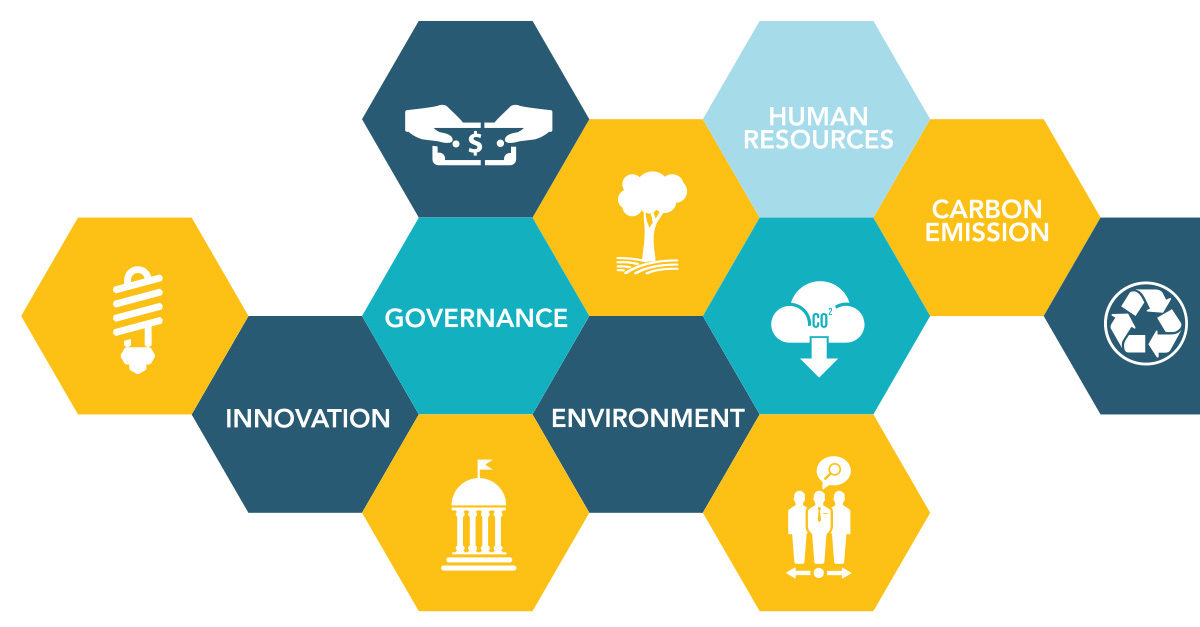Now that green cleaning has become mainstream in the professional cleaning industry, leading organizations are looking for more ways to lessen their environmental impact. Implementing sustainability initiatives is a logical next step. Read on to learn where the green and sustainability movement came from, where it’s going, and what sustainability tools to look for at ISSA Show North America 2018.
LEED’s Transformation of the Cleaning Industry
The seeds for the green cleaning movement were planted in the 1980s and took hold in 2002, when the U.S. Green Building Council (USGBC) released its Leadership in Energy and Environmental Design (LEED) Rating System for Existing Buildings.
Today the USGBC has grown to more than 12,000 organizations, 200,000 LEED -accredited professionals, and 92,000 commercial projects representing more than 19 billion square feet. Additionally, green cleaning products, according to a 2015 survey of distributors, account for 30 percent of all cleaning product sales.
LEED made it easy to specify a comprehensive green cleaning program utilizing third-party standards, such as those from Green Seal, the U.S. Environmental Protection Agency (EPA), the Carpet & Rug Institute, and ISSA, to address the selection of cleaning products, equipment, and practices. These third-party standards allowed purchasers to buy green products with confidence.
Additionally, green cleaning flourished because leading manufacturers, distributors, and service providers found it was good business. Greener products and services have been used as an opportunity to differentiate from the competition and grow business. It is a true win-win prospect—good for business, as well as health and the environment.
LEED Seeps into Best Practices
To identify what’s next in the green and sustainability movement, it is important to look at changing requirements from large organizations such as the Standard & Poor’s 500 companies, universities, schools, hospitals, retailers, and governments. These organizations are increasingly looking to purchase products from companies that operate in a sustainable manner.
According to the Governance and Accountability Institute, 72 percent of Standard & Poor’s 500 companies published sustainability reports in 2013, up from roughly 20 percent just three years prior. In 2017, 85 percent of the companies published sustainability reports. This is an incredible pace of adoption and a clear indication of what’s to come.
Just as customers used LEED to drive demand for green cleaning products, their requirement for sustainability reporting is the next step to push the professional cleaning industry forward. This too will be a win-win situation for business, employees, building occupants, and the environment.
How Sustainability Differs From Green Cleaning
The term “green” applies specifically to a product or service. It does not consider if the organization is compliant with all laws, treats workers fairly, pollutes the environment, or has other broad governance or operational issues. The term “sustainability” considers how the organization itself operates. You can be assured a sustainable supplier doesn’t employ unsafe working conditions in factories that pollute the environment.
In the long term, sustainability ensures smart business because it reduces risk—whether from a financial perspective, such as a supplier being forced out of business, or a reputation perspective, such as a negative story in the media affecting the purchaser’s brand.
Keeping it Green at the ISSA Show
ISSA Show North America 2018 offers attendees the opportunity to meet with exhibitors and learn from participating organizations about a variety of cleaning topics and best practices. Here are some examples of areas to inquire about:
- Product ingredients and manufacturing: Remember to ask exhibitors what makes their products and services green and how their products and manufacturing practices reduce negative impacts on human health and the environment compared to the use of conventional products.
- Health implications: Ask if the exhibitors can document the health and environmental claims of their products. This will protect your company’s brand and reputation from the risk of repeating claims that are false or misleading, which can lead to serious legal and financial problems.
- Sustainability report: Ask exhibitors if they publish a sustainability report. Companies who do so show their commitment to improving their overall efficiency strategies.Their sustainability initiatives can help minimize price increases tied to rising costs of petroleum, natural gas, and regulations.
Companies that are actively trying to keep their own house in order will be better suppliers in the long term. In the short term, they will be better positioned to help you meet the sustainability and performance information requested by customers, employees, communities, and other stakeholders.
Look to Distributors Too
Distributors need to begin reporting and improving their own sustainability performance, which in turn, can help facility service providers to make sustainable business decisions, reducing the environmental footprint and saving money for both distributor and customers alike.
The Global Reporting Initiative and other sustainability frameworks can be extremely detailed. However, according to data collected from the Distributor Efficiency, Analytics and Learning program (DEAL), a few measures can make a large difference in how distributors operate.
Key metrics include efficiency and conservation efforts made over time relative to energy, water, and waste. Specifically, this includes:
- Fuels used by the delivery fleet
- Energy and water used by offices and warehouses
- Waste disposal.
Organizations participating in DEAL are saving 10 to 30 percent on these costs, which gives them a tremendous competitive advantage in the marketplace that can be passed on to facility service providers looking to make sustainable purchases.




